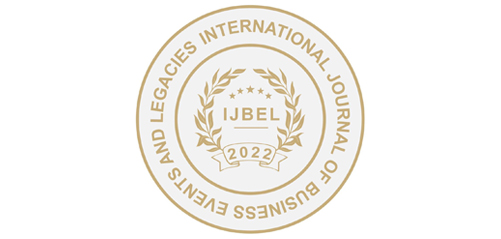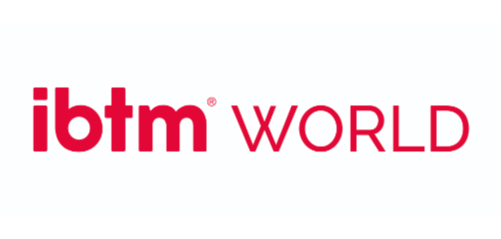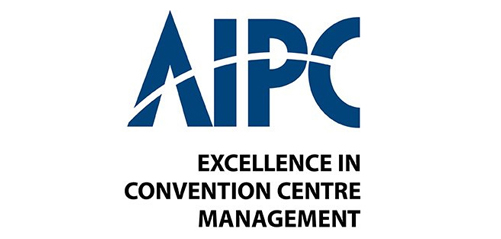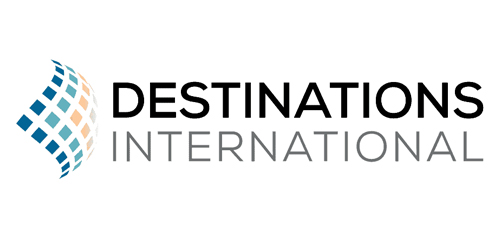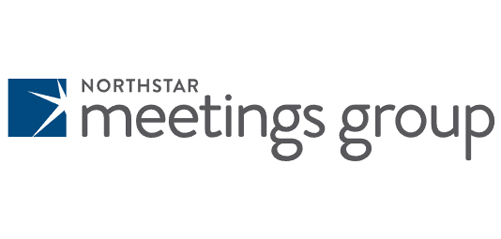By Kai Hattendorf:
I am an avid follower of Edelman’s Trust Barometer ever since I attended an early presentation of it in the year 2001, and this year’s presentation a few weeks ago at the WEF in Davos makes for sombre reading, stating that “political polarization and deepening fears giving rise to a widespread sense of grievance”.
Let’s talk about trust today here as well, and in doing so, let’s zoom in on one core element of trust in our industry, the most important decision event leaders have to make regularly: Where and when to organise an event.
Stability Drives Trust
To run successful events, trade show and conference organisers (be they for profit, or associations, or government entities) put their trust into good collaborations with venues, destinations, and countries.
They put their trust, mainly, in stability:
In stable economic conditions. Stable regulatory conditions. In stable option to access the destination, to get exhibitor’s products customs cleared and transported there, to get visitors safely and comfortably to the destination, to the venue, and around.
It takes years, decades even, to build that level of trust. It is precious. And it can be shattered in a fraction of the time it takes to build it.
And when this trust crumbles, events move, and the business around it disappears.
In recent weeks, the new US administration announced a stream of changes that impact our industry. At the same time, the same administration has made announcements praising the opportunities global events provide.
Ripple Effects
We have already seen reports that niche events and conferences had to get cancelled or postponed, citing government measures as reasons. One European organiser just launched a new event for the Americas in Mexico, not the US. And one US-based organiser told me they are shelving plans for a conference launch in the US to first see how things develop.
Besides these immediate cause and effects, there is a risk of ripple effects.
Let’s look at one example: Dated February 26, US President Trump signed an Executive Order that tells all government agencies to set systems in place that allow their respective leaders to “prohibit agency employees from engaging in federally funded travel for conferences or other non-essential purposes unless the travel-approving official has submitted a brief, written justification for the federally funded travel within such system”. (Section 3e of the Order).
Getting travel costs approved in advance is, of course, a perfectly normal process – as everyone working in big corporations, family businesses, associations, or other types of businesses knows. Our own industry associations in the US offer guidance on how to convince leadership to sign off on expenses to attend their events.
But, just like during the pandemic, we see business events again labelled as “non-essential” here – something the ECA and many industry leaders continue to try to change.
I looked up what events-related expenses the US government ministries reported for 2023, as federal agencies ramped up their spending on conferences and related business events after the pandemic. As I could not find an overview on the federal level, I worked with a sample. (Contact me if you want to know more about it.) The group of federal government agencies that I examined reported 19.35 million USD on event-related costs (like registration fees, sponsorships, exhibitor fees), and 63.5 million USD on direct travel cost (like transportation, lodging, per diem). The Department of Defense led the charge among those in the sample set with around 52 million USD of spending in total, followed by the Department of Health and Human Services (10 million USD). For reference: The total US federal budget in that year was 6.134 trillion USD.
What matters
My point is: With roughly one out of four dollars directly going into event-related costs, the overall financial impact of such a new policy on our sector alone is relevant, but it is likely not going to be the biggest issue here.
Because – again – the context matters, and the perception it creates.
- It matters whether or not a government sees events as relevant.
- It matters whether or not it sends staff to attend them to connect, learn, share.
-
All of this impacts the trust into a market.
People look for the sentiment, the general perception, the stability of business conditions.
Learnings from the past
We learned from the actions of the Obama administration how damaging it is for our sector if the people at the very top of government question the value of professionals gathering at business events. After a scandal around a government-run event in Vegas, a series of laws and regulations were passed bilaterally to reign in on event-related government spending, and that caused reputational as well as financial damage for the US events industry. The road back from that was long – only in January 2017 were these regulations eased again in the last weeks of Obama’s mandate.
But yet again, the full picture is still emerging. A few days after this order, the White House released another one, this one about “Establishing the White House Task Force on the FIFA World Cup 2026“. This document praises the sports tournament as “an opportunity to showcase the Nation’s pride and hospitality while promoting economic growth and tourism” through sport. This, for sure, is a statement our whole industry can agree with.
This year’s “Legislative Action Day” on May 29 looks to be a most important one. This is the annual event where business event leaders from across the US, and some global voices, go to Capitol Hill to explain who we are and what we do to the lawmakers, and to discuss the needs of our sector with them. I want to echo ECA’s Tommy Goodwin‘s call to our US colleagues here in closing: “Last year, more than 130 business events industry leaders and advocates from 25 states and across the globe met with policymakers in Washington, DC about the policy issues that matter for all of us. With 2025 is already shaping up to be a pivotal year for the industry in our nation’s capital, it’s critical that everyone makes plans to be part of ECA Legislative Action Day.”


